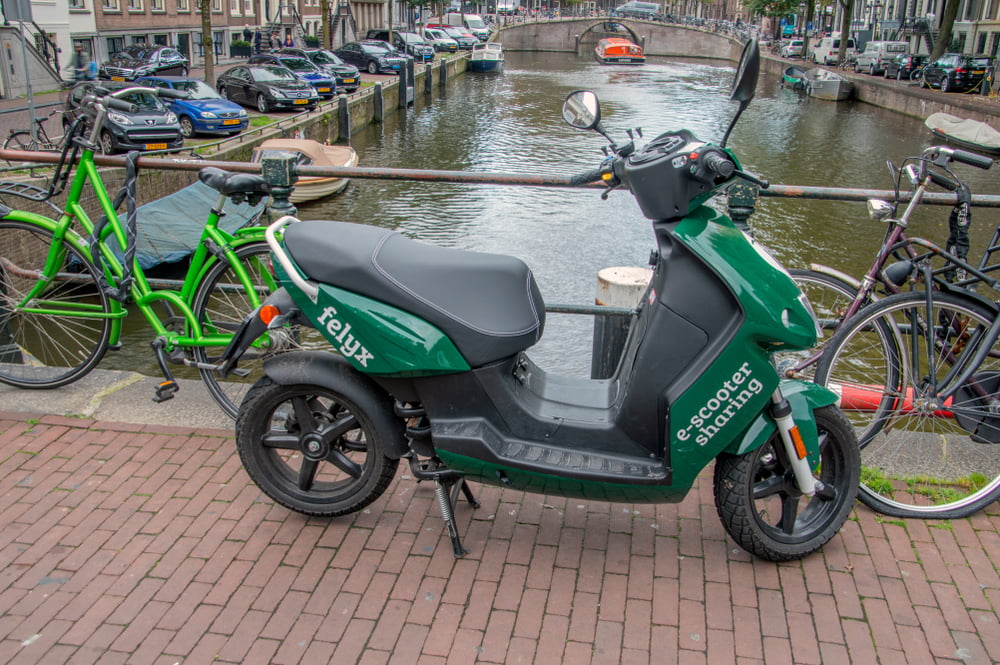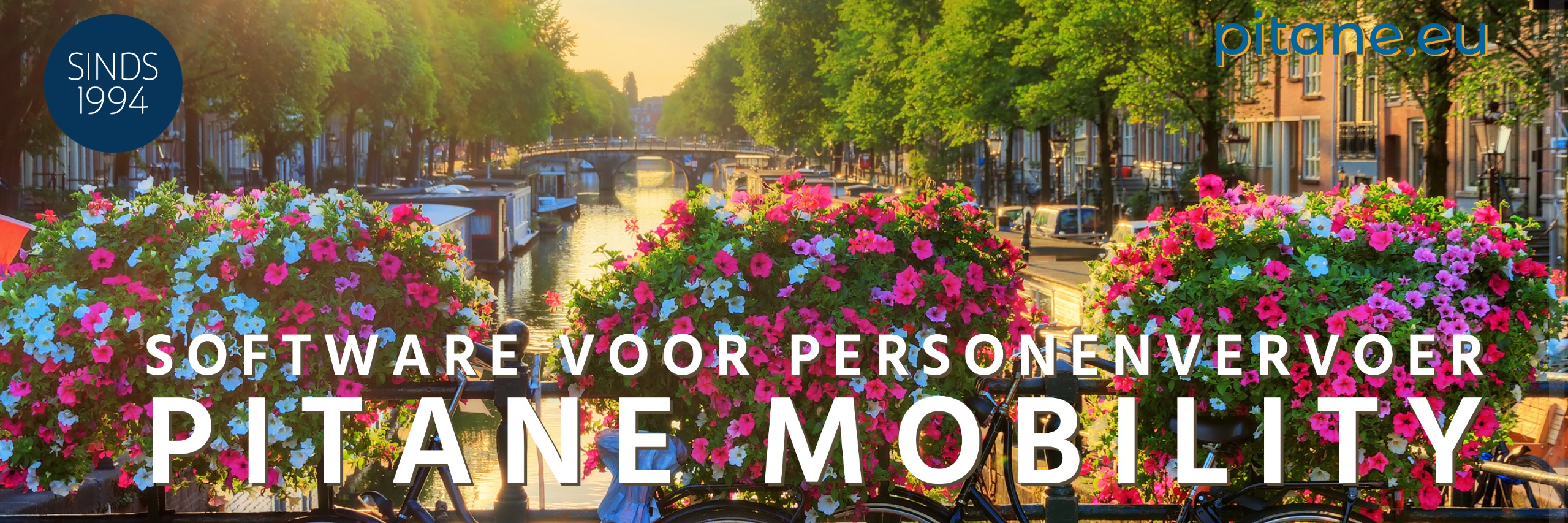The RCC no longer allows the scooter company to use the terms 'sustainable', 'clean' and 'green'.
The emergence of shared scooters has certainly influenced the mobility market and promised to be a sustainable and accessible alternative to traditional transport in cities. Felyx, a provider of shared scooters, has been claiming for some time that its green scooters offer a sustainable and CO2-saving alternative. However, the Advertising Code Committee (RCC) has repeatedly reprimanded Felyx for misleading claims. It's about time we pulled back the rosy veil and took a closer look at the harsh reality of shared scooters.
One of the main misleading claims of Felyx is that their scooters are sustainable and save CO2. However, the Knowledge Institute for Mobility Policy of the Ministry of Infrastructure and Water Management has determined that the CO2 emissions of an electric shared scooter twice as high is like that of a privately owned e-scooter. These findings reveal the hard truth behind the green facade that Felyx tries to maintain.
In addition, the sustainability of shared scooters is even more questioned by the fact that they often break down faster and the production process to replace parts is quite polluting. With a lifespan of only 3,7 years, shared scooters are far from an environmentally friendly choice compared to a petrol variant that lasts up to 10 years. This raises serious questions about the true impact of shared scooters on the environment.

Slogans such as “Felyx is an innovative scale-up with ambitious plans for sustainable and shared urban transport” are at odds with reality.
Not only the Advertising Code Committee (RCC) has criticized Felyx for this misleading claims, but the action group Scootervrij has also complained about this. Felyx seems to be misleading its customers for quite some time now and these practices need to be tackled urgently. It is time for the company to take responsibility for its misleading marketing and provide consumers with accurate information about the actual impact of their services on the environment.
"Felyx has probably been misleading its customers for as long as the company has existed. When will Felyx stop greenwashing? Perhaps never, because the company is doing well on it. In any case, we will keep a close eye on it."
Collin Molenaar - Scooter free
Scootervrij wants to make traffic safer and healthier by creating awareness about the disadvantages of scooters, by discouraging the use of scooters and by scooter problems on the political agenda. One of the biggest disappointments is that shared scooters are not meeting their original goal of reducing the number of cars on the road. Instead, they seem to be mainly used as a replacement for public transport and the bicycle. As a result, the number of scooters on the road is increasing, which causes nuisance in the public space. In particular, the irresponsible parking of shared scooters creates problems for pedestrians, such as the elderly and people with disabilities, who already have enough challenges to get around in the city.
Of course, shared scooters have their advantages, such as easy transport for medium distances and faster travel times compared to bicycles. But these benefits should not obscure the fact that the negative aspects of shared scooters are becoming increasingly apparent. It is time that we get a realistic view of the actual impact of shared scooters on the environment and the urban living environment.
For companies like Felyx, which depend on capital intensive financing, this statement of the RCC have serious consequences. The company must take responsibility and focus on real sustainability instead of misleading marketing practices.
All in all, it is clear that the green haze of scooter sharing is fading, and we need to address this trend of misleading claims to find a truly sustainable mobility solution for our cities. Felyx and other providers of shared scooters must take their responsibility and be transparent about the actual impact of their services on the environment and society. Only then can we genuinely work towards a sustainable future for mobility in our cities.
KiM
In the streets we see more and more light electric vehicles, such as electric mustaches and mopeds (e-scooters), electric cargo bikes and electric steps (e-steps). Although these vehicles often have a sustainable image, they do not always contribute to less CO2emissions. Particularly shared vehicles have a high CO2emissions due to the short lifespan and the emissions associated with collecting vehicles with empty batteries and relocating vehicles with charged batteries. As a result, the CO2emissions from a shared e-scooter or shared e-scooter more than twice as high as from the same privately owned electric vehicle. This is evident from the researchOn the road with LEV: the role of light electric vehicles in the mobility system' of the Knowledge Institute for Mobility Policy (KiM).




